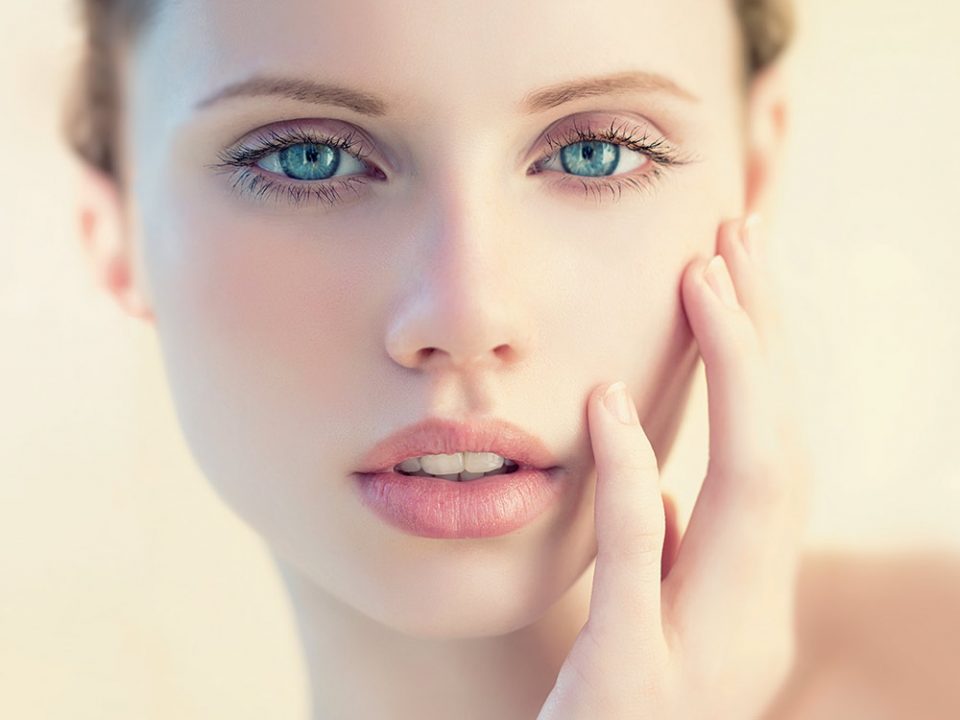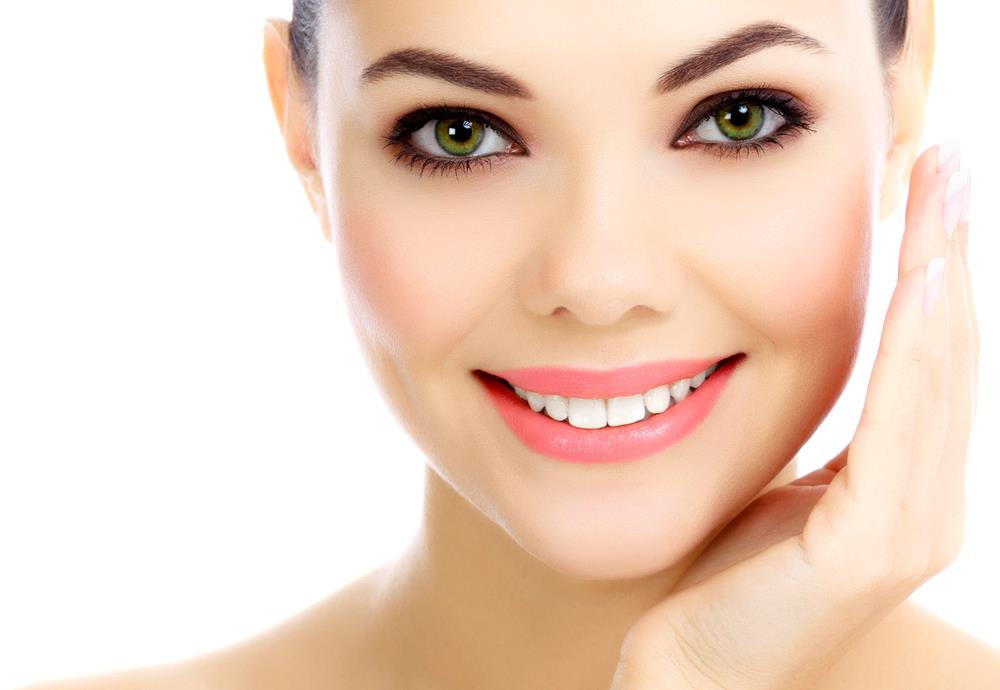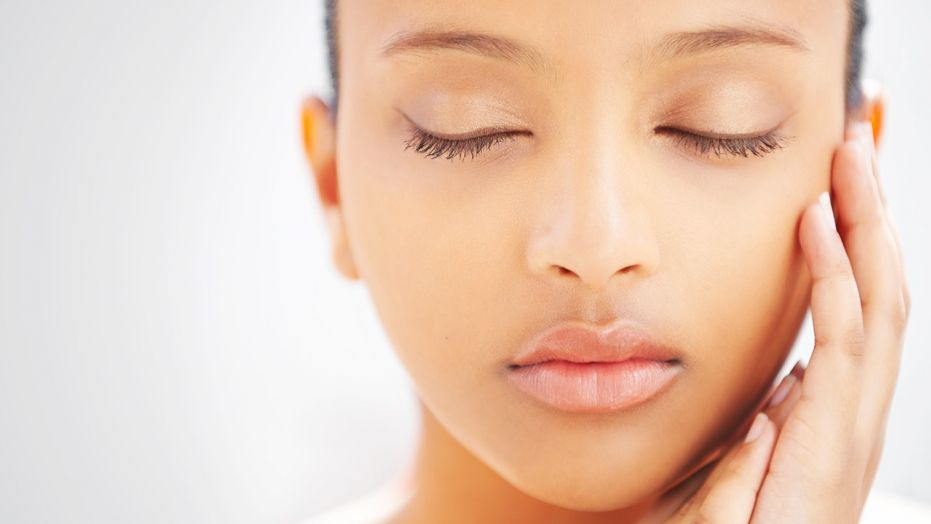Did you know that cannabis can help to improve the condition of the skin? Not by smoking it, but with cannabis topicals – such as creams and lotions – that can be applied to the skin to work with the body’s endocannabinoid system. New research into this vital regulatory network has found that cannabis creams really can make a difference for those with annoying skin complaints, inflammation, and even localized chronic pain. While not proven, anecdotal reports also suggest the herb can slow down unwanted hair growth.
The potential benefits of cannabis creams and CBD:
The skin is actually the largest organ in the body, although we don’t often think of it as such. This organ is more exposed than any to the outside world, and therefore it’s important that we treat it with care. The skin synthesizes vitamin D and helps to control body temperature, as well as notifying us when our environment changes. As we age, the skin’s tends to deteriorate, but with the right attention, it’s possible to keep it looking youthful and fresh well into our later years.
Cells, hairs, and glands in the skin all have a responsibility to protect the skin from external forces. Following the discovery of the endocannabinoid system, scientists have found through additional research that the skin is packed with cannabinoid receptors – this means that cannabis, and specifically the cannabinoids in the herb, can interact with and therefore influence the skin. The endocannabinoid system typically operates with endogenously-produced endocannabinoids like anandamide. But the phytocannabinoids in cannabis bear such a chemical resemblance that they too can work with the endocannabinoid system.
The realization that cannabinoid receptors are all over the body has expanded the potential usages of medical cannabis significantly – the initial understanding was that these receptors were only found in the central nervous system and the brain. Now that we know differently, it’s important to recognize all the other areas where cannabis could make a positive contribution to our health.
The Endocannabinoid System Effect on the skin & Beauty:
The endocannabinoid system has a myriad of crucial functions that ensure the body stays in good physical and mental balance. It helps regulate appetite, pain sensation, mood, stress levels, immune system response, inflammation and much more.
Calms inflammation and regulates immune system response:
The skin is put under an immense amount of stress throughout a typical day – and for smokers, the free radicals subject the skin to even more harm. However, the immune cells found in the skin can help to limit and reverse damage caused. Endocannabinoids and phytocannabinoids that link up with cannabinoid receptors in the skin can help to regulate inflammation by working with said immune cells.
In 2007, an animal study carried out on mice at the University of Bonn found that the inflammatory response when the skin was irritated was greater among mice without cannabinoid receptors than those with them. From this, we can confirm the theory that cannabinoids can influence inflammation levels in the skin. The study also revealed that mice with contact dermatitis experienced a rise in endocannabinoid levels.
Regulating sebaceous oil production:
In the right amounts, the sebaceous glands in the skin which produce oil can have a very beneficial effect for the body’s biggest organ. Sebum boasts nutritional value and can protect the dermis from germs. The acidity in sebum counteracts potentially harmful bacteria. This oil also has antioxidant effects.
Studies have found that the endocannabinoid system oversees sebum production and the functioning of the hair follicle. Sebaceous glands are connected with hair follicles, and therefore it’s essential that both are in working order, otherwise one will disrupt the other.
Can cannabinoids reduce hair growth?
A product that could slow hair growth would be a huge breakthrough for the cosmetic and beauty world, and helpful for those who are consistently having to deal with undesirable hairs.
Research into anandamide – an endocannabinoid likened to the tetrahydrocannabinol (THC) cannabinoid in cannabis – has found that the chemical can influence hair growth. Therefore, THC can too. Apply a skin cream infused with THC and hair growth will be drastically reduced. Cannabis may even have an anti-aging effect, with anecdotal stories of people using topicals to manage wrinkles and to rejuvenate their skin on the rise.
How to effectively use cannabis on the skin
The most effective way to reach the cannabinoid receptors in the skin is to use a topical product – creams, salves, balms, and gels are all great. For those suffering from swelling or any type of localized pain, liberal application of the topical can help to reduce pain perception and inflammation in minutes. Traditional painkillers tend to be much slower to act.
Both cannabidiol (CBD) and THC can have positive effects on the skin – both have analgesic and anti-inflammatory properties. Furthermore, THC does not come with its usual psychoactive effects in a topical, because the cannabinoids stay mostly in the skin and do not reach the brain.
People who prefer a more gradual release of cannabinoids to give them longer-lasting relief may find transdermal patches may be preferable to creams. These are great for medicating with during the day when there simply isn’t the time or the means to keep reapplying a cream. The patches simply stick to the skin as nicotine patches do and begin influencing cannabinoid receptors straight away.
The specific benefits of CBD on the skin
In 2013, a study found that CBD decreased keratin 10 mRNA in the skin through the CB1 receptor-dependent mechanism – it was published in the British Journal of Pharmacology. This research suggested that CBD could have a unique therapeutic effect on the skin that could help to remedy complaints and manage the symptoms of a disease.
A 2006 study found that CBD could help with the skin condition pruritus, which causes itchy skin. Twenty-two patients with treatment-resistant pruritus were given CBD medication, with the cannabinoid having a positive impact on 14 of them. All 22 tolerated CBD well, with the participants reporting an 85 percent decrease in itchiness.
CBD can also help with psoriasis, acne, eczema, dermatitis and other skin complaints which are notoriously tricky to treat. CBD can also help clear up rashes and redness and dryness. The antifungal properties of CBD can be harnessed to treat fungal infections. In a nutshell, CBD can be used to treat pretty much any skin condition with some degree of success.
Final thoughts
Those afflicted with more sensitive skin’s complaints should be wary about self-treating with cannabis products, particularly if taking other medication. While adverse reactions with CBD and medical cannab, in general, are extremely rare, the science is limited and speaking with a cannabis-friendly professional who can offer tailored advice is a prudent move. The worst-case scenario is to unwittingly aggravate an already serious condition.
However, if just treating a general skin’s complaint then there’s no need to be concerned about using CBD. Those residing in legalized states have greater choice when picking a topical product, with a variety of cannabinoid ratios on offer – some creams will be rich in CBD, others in THC, with others having a well-balanced, one-to-one combination.
Prior to purchasing any CBD product, ensure that it has been tested by a third party. This will confirm the cannabinoid profile of the product, the full list of ingredients and the extraction method – the best cannabis extract products are made using supercritical CO2 extraction.
See More As:
- Latest Summer Makeup Ideas & Trends
- Beauty Tips to Get Natural No Makeup Look in Summers
- How to Make DIY Acne Masks To Treat Skin Problems
- Top 10 DIY Homemade Night Creams to get Fair Glowing Skin
- 5 Reasons Why You Need Essential Oils Diffuser For Wellness
Check Related Fashion & Style



